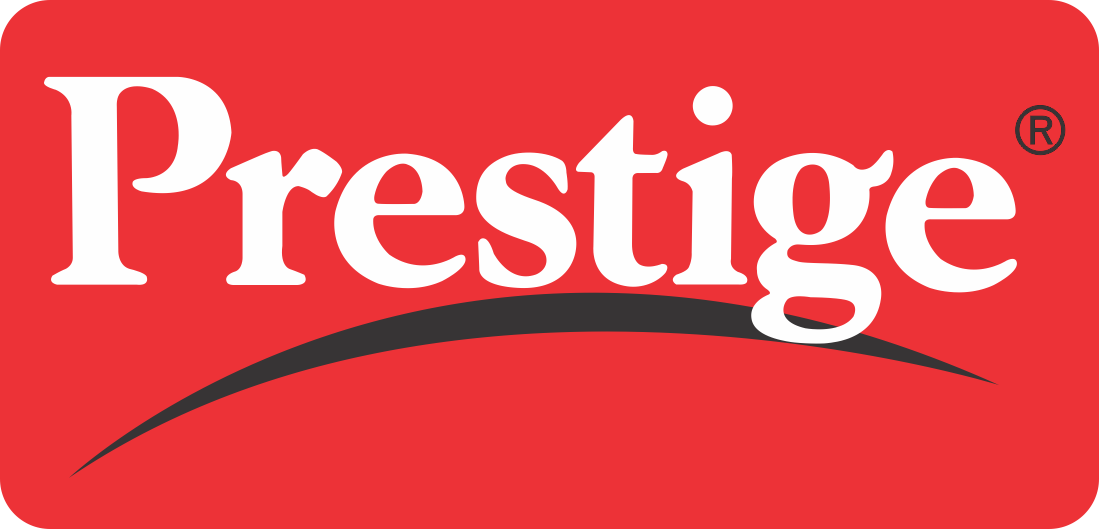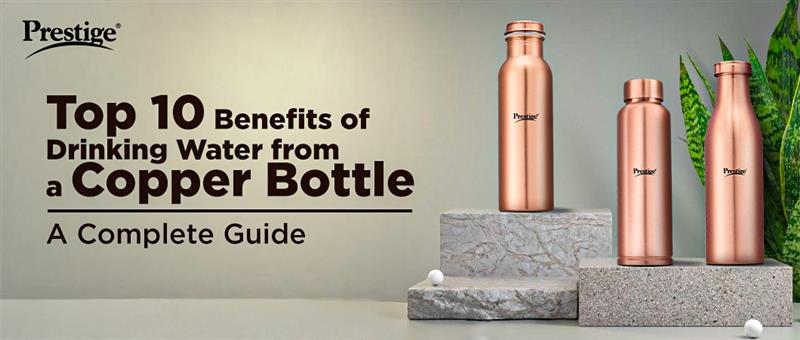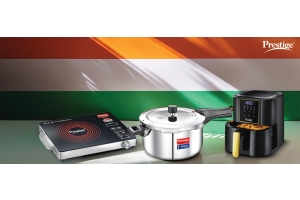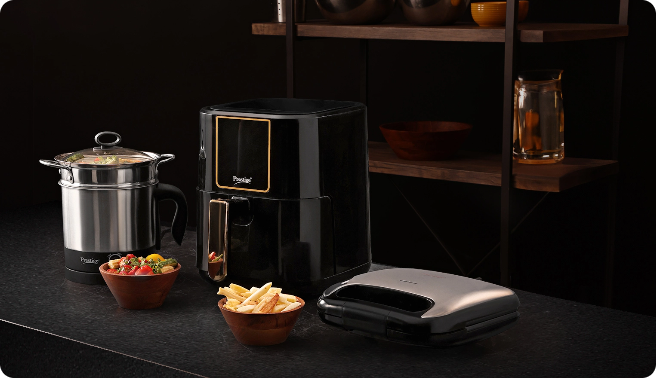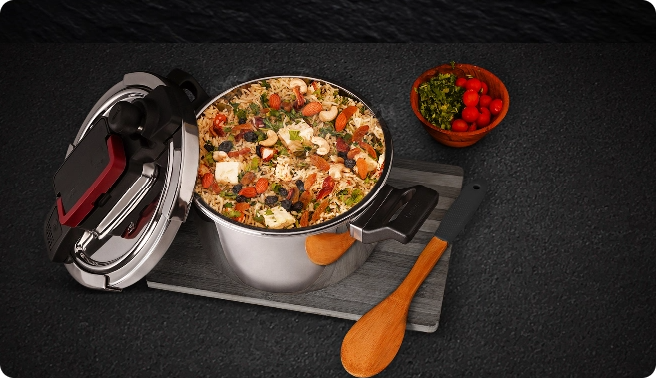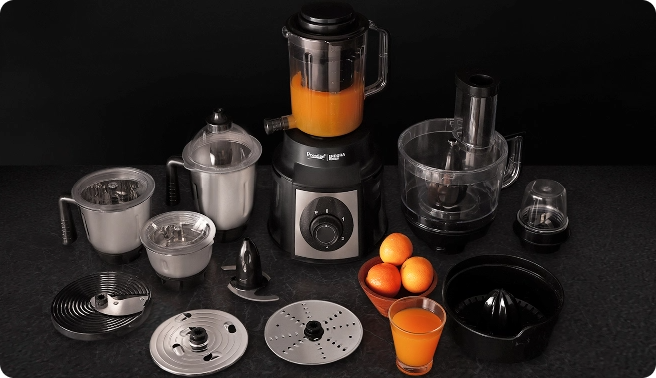What is a Copper Bottle?
The concept of storing and drinking water from copper water bottles has gained popularity as a modern wellness trend rooted in ancient traditions. Promoted by Ayurveda, India’s ancient holistic health system, this practice emphasizes the health benefits of copper-infused water. While the concept might seem novel to many, it is deeply interwoven with century-old practices. Let’s explore what makes copper water bottles a fascinating addition to today’s health-conscious routines.
The Origins of Copper Water
Ayurveda has long recommended storing drinking water in copper containers for its purported benefits. This practice, known as “tamra jal” (copper water), is believed to purify water and imbue it with therapeutic properties. Copper, a trace mineral required in small amounts by the human body, plays a vital role in energy production, connective tissue formation, and the functioning of the brain's chemical signaling. While copper’s presence in food sources like nuts, seeds, whole grains, dark chocolate, and shellfish is well-documented, its infusion into water is seen as an additional way to access its benefits.
How Copper Water Bottles Work
Copper water bottles allow water to absorb trace amounts of copper through a process called “leaching.” When water is stored in a copper container for several hours, small quantities of the metal dissolve into the water. Advocates claim this infusion enhances the water's properties, offering various health benefits such as improved immunity, enhanced heart and brain health, and even anti-aging effects.
However, it’s essential to note that copper is both beneficial and potentially harmful. While deficiencies in copper are rare, excessive copper intake can lead to adverse effects. Thus, moderation is key while using copper water bottles.
The Scientific Basis for Copper’s Benefits
The primary scientifically-backed benefit of using copper vessels is their antibacterial effect. Studies have demonstrated copper's ability to neutralize harmful bacteria, including those responsible for waterborne diseases like cholera, dysentery, and salmonella. This effect, known as “contact killing,” occurs when copper damages the cell walls of bacteria, effectively sterilizing the water.
This natural antibacterial property makes copper water bottles particularly valuable in regions lacking access to safe drinking water. Research indicates that storing water in a copper vessel for 8–48 hours can significantly reduce bacterial contamination. However, simply filling a copper water bottle and drinking from it immediately will not provide the same benefits.
Modern Adaptation of Copper Bottles
Today, copper water bottles combine the functionality of traditional copper vessels with modern designs. They are lightweight, portable, and often come with leak-proof features, making them ideal for busy lifestyles. Brands that manufacture these bottles ensure they meet quality standards, offering an excellent balance of tradition and innovation.
Top 10 Benefits of Drinking Water from a Copper Bottle
Here are 10 refined and comprehensive benefits of using copper water bottles, merging and eliminating overlaps from the provided list:
1. Natural Water Purification
Copper’s potent antibacterial properties help sterilize water by neutralizing harmful bacteria, such as E. coli and Cholera Bacillus. Storing water in copper bottles for 8-24 hours ensures clean, safer drinking water, especially in areas with uncertain water quality.
2. Boosts Immune Function and Energy
As a trace mineral, copper plays a key role in supporting the immune system, promoting energy production, and aiding in the formation of red blood cells. Drinking copper-infused water provides a natural way to maintain these essential functions.
3. Supports Cardiovascular Health
Copper helps maintain healthy cholesterol and triglyceride levels, which can reduce the risk of hypertension and improve blood flow. It also supports the strengthening of cardiac muscles and clears arterial plaque.
4. Promotes Better Digestion
Copper-infused water stimulates peristalsis (the movement of the stomach and intestines), cleanses the stomach, and aids in flushing out toxins. It is effective in addressing indigestion, ulcers, and other digestive issues.
5. Regulates Thyroid Function
Copper supports the thyroid gland’s efficiency by balancing hormonal secretion. A proper balance of copper prevents thyroid malfunctions, including hypothyroidism or hyperthyroidism.
6. Improves Brain Function
Copper acts as a conductor of electrical impulses, enhancing brain activity. It also supports the synthesis of neurotransmitters, which are crucial for communication between brain cells, improving overall cognitive performance.
7. Helps Combat Anemia
Copper aids in the absorption of iron from the diet and facilitates the production of hemoglobin and red blood cells, helping prevent and manage anemia.
8. Provides Relief from Arthritis and Inflammation
Copper’s anti-inflammatory properties help alleviate joint pain and stiffness associated with arthritis and similar inflammatory conditions.
9. Offers Anti-Aging Properties
Copper is a powerful antioxidant that combats free radicals, reducing signs of aging like wrinkles and fine lines. It also promotes the regeneration of new skin cells and protects against sun damage and pollutants.
10. Eco-Friendly and Sustainable Hydration
Copper bottles are reusable, durable, and eco-friendly, providing a sustainable alternative to plastic bottles. They align with environmentally conscious lifestyles, reducing plastic waste while offering health benefits.
This refined list captures the most significant health and lifestyle benefits of using copper bottles while removing redundancies. Let me know if you'd like this tailored further!
People Also Search For: Benefits of Stainless Steel Water Bottles
How Much Water You Should Consume in Copper Bottle?
The amount of water you should consume from a copper bottle depends on your daily hydration needs and the safe levels of copper intake. Drinking water stored in a copper water bottle provides trace amounts of copper, which can support various bodily functions. However, moderation is key to avoiding excessive copper intake.
Recommended Quantity:
-
Adults: Drinking 2-3 glasses (500–750 ml) of water from a copper bottle daily is considered safe and beneficial. This quantity ensures you reap the benefits of copper water without exceeding safe copper levels.
-
Children: For children, 1-2 glasses (250–500 ml) of copper-infused water per day is generally sufficient.
Why Limit Copper-Infused Water?
While copper is essential in trace amounts, overconsumption can lead to copper toxicity, causing symptoms like nausea, diarrhea, or abdominal discomfort. The recommended dietary allowance (RDA) for copper is:
-
Adults: 900 micrograms per day
-
Children: Lower, depending on age
Exceeding these limits over extended periods can be harmful. Storing water in a copper bottle for 6–8 hours allows a safe and optimal amount of copper to infuse into the water.
Best Practices:
-
Alternate Usage: Drink copper-infused water in the morning or early afternoon, then switch to regular water for the rest of the day.
-
Do Not Overstore: Avoid keeping water in a copper bottle for longer than 12 hours, as it may leach excessive copper.
-
Clean Regularly: Ensure your bottle is clean to prevent buildup of harmful residues.
If you’re new to using copper bottles, start with 1 glass a day and gradually increase, observing how your body responds. Always consult a healthcare professional if you have specific concerns about your copper intake.
Can We Drink Hot Water In a Copper Bottle?
Drinking hot water from copper bottles blends ancient practices with modern health ideas.. Copper vessels have been a significant part of Ayurvedic practices for centuries, and they are often touted for their ability to purify water and infuse it with beneficial properties. While copper water bottles are beneficial for storing water at room temperature or slightly cool, exposing copper to high temperatures can accelerate the leaching of copper ions into the water.
Excessive copper intake can lead to health issues such as nausea, vomiting, diarrhea, and, in severe cases, copper toxicity, which may harm the liver and kidneys. Additionally, copper bottles may corrode faster when exposed to hot water, releasing impurities or altering the taste of the water.
Best Practices:
-
Avoid pouring boiling or very hot water into copper bottles.
-
Use lukewarm or room-temperature water to ensure safe consumption.
-
Choose high-quality, food-grade copper water bottles designed for proper use.
For maximum copper bottle benefits, it’s best to store water in the bottle overnight and drink it at room temperature. If you prefer warm water, heat it separately and let it cool before transferring it to a copper water bottle.
When it comes to drinking hot water specifically from copper bottles, there are both potential benefits and concerns to consider.
Is Copper Bottle Good For Health?
Copper is known for its antibacterial, antiviral, and anti-inflammatory properties, which can be beneficial for overall health. Storing water in a copper container allows small amounts of copper to leach into the water, a process believed to provide trace amounts of this essential mineral. Copper plays a crucial role in energy production, immune system support, and the formation of collagen and connective tissues. When drinking warm or hot water, the process may enhance the leaching of copper ions into the water, potentially increasing these benefits.
-
Enhanced Digestion:
Drinking warm water is known to aid digestion by soothing the gastrointestinal tract. When consumed from a copper vessel, the water may also help balance stomach acids and alleviate conditions such as gas or indigestion. Ayurvedic practices suggest that copper-infused warm water cleanses the stomach and promotes efficient nutrient absorption. -
Improved Detoxification:
Warm water naturally helps in flushing toxins out of the body by promoting sweating and improving bowel movements. Copper, being a natural detoxifying agent, can amplify this effect by eliminating harmful microbes and contributing to the purification process. -
Boosted Immunity:
Copper-infused water is said to strengthen the immune system, as copper itself is known to fight bacteria, viruses, and fungi. Drinking warm water can further aid in clearing the respiratory tract, offering a dual advantage for immunity, particularly during cold or flu seasons.
Potential Concerns
Despite its benefits, drinking hot water directly from copper bottles may raise some health concerns. One of the primary issues lies in the overconsumption of copper. While copper is an essential nutrient, consuming it in excessive quantities can lead to toxicity, which manifests as nausea, vomiting, or diarrhea in the short term, and liver or kidney damage in severe cases.
-
Risk of Excessive Copper Exposure:
Heat can accelerate the leaching of copper ions into the water. This may result in higher concentrations than intended, particularly if the water is stored in the bottle for a longer time. Regular consumption of overly infused copper water may exceed the recommended dietary allowance (RDA) for copper, which is around 900 micrograms per day for adults. -
Metallic Taste and Corrosion:
When exposed to hot liquids, copper vessels can develop a metallic taste, which some people find unpleasant. Over time, the heat may also cause corrosion or discoloration of the bottle’s surface, particularly if it’s not lined or properly maintained. Consuming water from a corroded copper bottle can introduce impurities and compromise safety. -
Material Integrity:
Not all copper bottles are designed to hold hot liquids. Some may lack proper lining or structural integrity to withstand heat, leading to the release of harmful elements or compromising the vessel's durability.
Best Practices for Safety
To enjoy the benefits of warm water from copper bottles without risking health concerns, consider the following precautions:
-
Avoid pouring boiling water directly into the bottle. Instead, allow the water to cool slightly to a lukewarm temperature.
-
Use high-quality, food-grade copper bottles specifically designed for drinking purposes.
-
Limit the frequency of consumption to avoid overexposure to copper.
-
Clean the bottle regularly with natural agents like lemon and salt to prevent corrosion and ensure safety.
Drinking warm or lukewarm water from a copper bottle can be beneficial if done cautiously and in moderation. The practice aligns with Ayurvedic traditions that emphasize the health-promoting properties of copper. However, understanding the potential risks and adopting safe practices is essential to reap its benefits without adverse effects. Consulting with a healthcare professional is advisable, especially for individuals with specific health conditions or dietary restrictions regarding copper intake.
Can We Keep Copper Bottles in the Fridge?
Copper bottles are versatile and widely valued for their benefits. However, whether they should be stored in the fridge depends on several factors. Copper reacts to temperature changes, and while it is safe to store them in the fridge, doing so can slightly diminish their antibacterial properties. Ancient practices suggest storing water in copper bottles at room temperature for several hours to maximize the infusion of copper ions into the water. Storing them in a fridge might not allow sufficient time for this process.
Additionally, frequent exposure to cold can cause tarnishing over time, which may require regular cleaning to maintain the bottle’s shine and health benefits. If chilled water is necessary, it’s better to transfer copper-stored water to another container after proper storage and cooling it separately.
Which Copper Bottle Is Best?
Choosing the best copper bottle involves assessing various factors like quality, design, and manufacturing authenticity. Look for bottles that guarantee 100% pure copper with no mixed alloys, as only pure copper ensures health benefits. Trusted brands like TTK Prestige provide high-quality bottles.
Key features to look for include:
-
Build Quality: Opt for a sturdy, leak-proof bottle with a tight lid.
-
Finish and Coating: A smooth, polished exterior and interior help in maintenance and cleaning. Avoid bottles with interior coatings, as they can interfere with copper's natural benefits.
-
Size and Shape: Choose a bottle that fits your lifestyle: a compact 750ml bottle is ideal for travel, while a larger 1-liter option is better suited for home use.
How Often to Clean Copper Bottles?
Cleaning a copper bottle regularly is crucial to prevent tarnishing, maintain its antibacterial properties, and avoid residue build-up. It’s best to clean it every alternate day if used daily.
For optimal care:
-
Use natural cleaning agents like lemon juice and salt, or a mixture of vinegar and water, to remove stains and tarnish.
-
Avoid harsh detergents or abrasive scrubs, as they can damage the surface.
-
Rinse thoroughly with warm water and let it air dry before reuse.
How to Wash a New Copper Bottle?
A new copper bottle may have manufacturing residues or a lacquer finish for protection during shipping. Before first use, it’s essential to clean it thoroughly. Here’s how:
-
Lemon and Salt: Cut a lemon in half, sprinkle it with salt, and rub it all over the bottle’s interior and exterior. This removes any factory oils or coatings.
-
Vinegar Solution: Soak the bottle in a solution of vinegar and warm water for about 30 minutes.
-
Rinse and Dry: Rinse with warm water and let it air dry completely. Avoid using dishwashing soap on the first wash to preserve copper's natural properties.
Is Drinking From a Copper Water Bottle Safe?
Yes, drinking from a copper water bottle is generally safe and offers various health benefits when used correctly. Storing water in a copper bottle for 6–8 hours allows copper ions to infuse into the water, providing trace amounts of the mineral.
Benefits:
-
Antibacterial Properties: Copper naturally kills bacteria like E. coli and cholera bacillus, making water safe to drink.
-
Supports Digestion: Copper helps detoxify the stomach and aids in digestion.
-
Enhances Immunity: The trace mineral boosts the immune system and supports overall health.
Precautions:
-
Avoid storing acidic liquids (like lemon water) in the bottle, as copper can react with acids, releasing harmful compounds.
-
Don’t over consume copper-infused water; stick to one or two bottles a day, as excess copper can lead to toxicity.
How to Find an Original Copper Bottle?
Finding a genuine copper bottle is essential to reap its full benefits. Follow these tips to identify an authentic product:
-
Purity Testing: Genuine copper bottles are made of 99–100% pure copper. Ask for a purity certificate from the seller.
-
Magnet Test: Copper is non-magnetic. A magnet won’t stick to an authentic copper bottle.
-
Weight and Color: Pure copper bottles are relatively heavy and have a reddish-orange hue. Beware of overly shiny or light bottles, as they might be alloys.
-
Trusted Brands: Buy from well-known manufacturers like TTK Prestige, which offer quality assurance.
-
Interior Finish: Original copper bottles often tarnish over time, whereas fake ones may remain shiny due to coatings.
People Also Search For: How To Choose The Right Water Bottle
Conclusion
Copper bottles are more than just a stylish accessory—they're health-enhancing tools rooted in ancient practices. Whether you’re considering storing water in the fridge, choosing the best brand, or maintaining your bottle with proper cleaning, understanding its uses and care ensures you gain maximum benefits. Copper bottles support sustainable living while promoting hydration in a safe, eco-friendly way.
Frequently Asked Questions (FAQs)
Q. Can I store hot liquids in a copper bottle?
A. No, storing hot liquids in a copper bottle is not recommended. Copper reacts with high temperatures and may release excess copper ions, which could be harmful.
Q. How long should I store water in a copper bottle before drinking?
A. Store water for 6–8 hours, or overnight, to allow optimal copper ion infusion.
Q. Why does my copper bottle tarnish?
A. Tarnishing is a natural process caused by oxidation when copper reacts with air or moisture. Regular cleaning helps maintain its shine.
Q. Is copper water safe for children?
A. Yes, but in moderation. Children should not consume excessive amounts of copper-infused water, as their bodies require only minimal trace amounts.
Q. Can I use my copper bottle daily?
A. Yes, daily use is safe, but ensure regular cleaning and avoid storing acidic beverages in it.
This guide helps navigate the dos and don’ts of copper bottle usage, ensuring safe and beneficial hydration practices.
